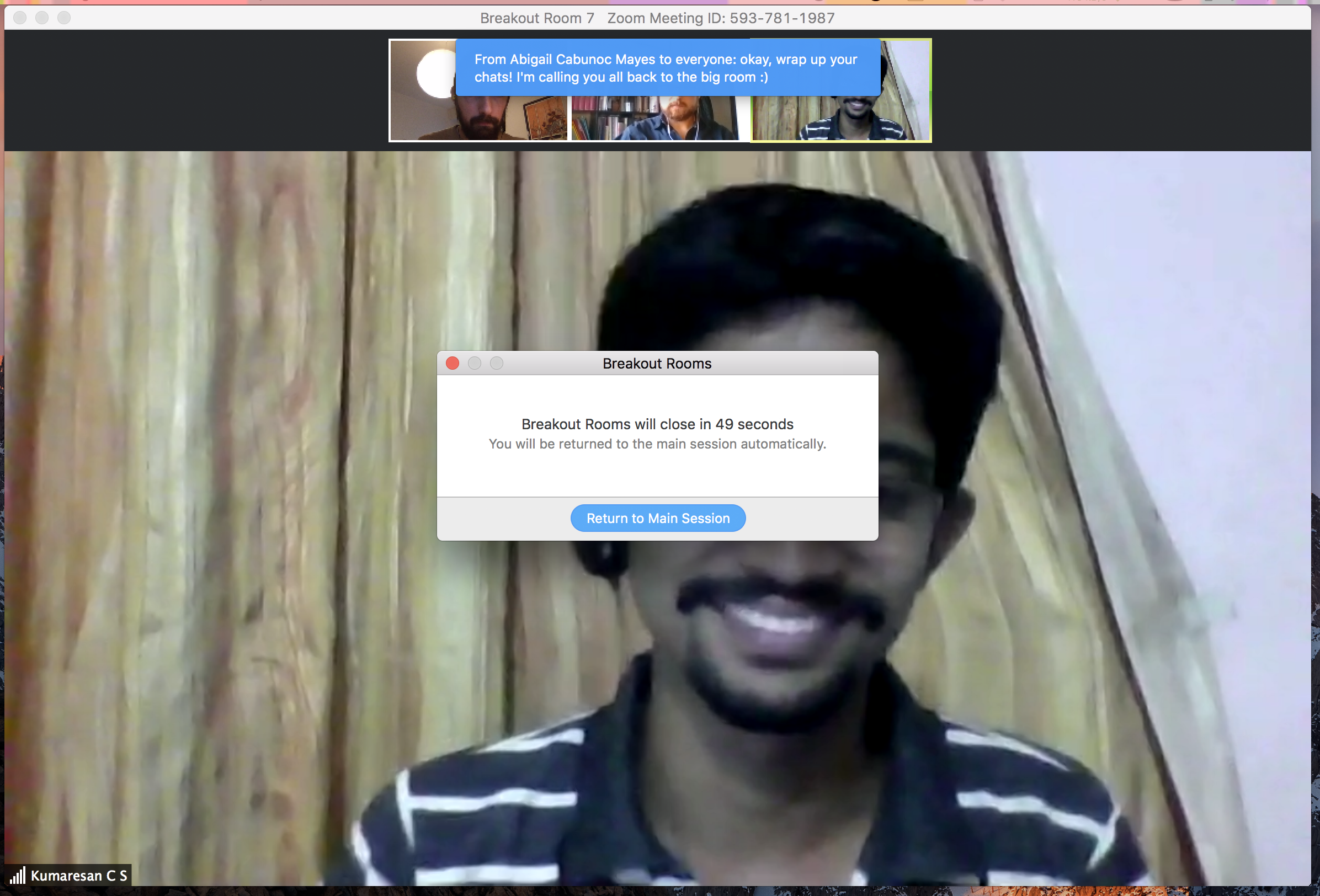Joining the Mozilla Open Leadership programme
A few weeks back, after I applied to run a session at Mozfest in 2017, the Mozilla Open leadership team sent an email inviting me to apply for the Mozilla Open Leaders programme. It seemed a good way to force me to get my I applied, and was accepted. Last night was the initial remote meeting. Here are my notes, for anyone else interested in the programme, or what I’m getting up to on it.
Okay, what is the Mozilla Open Leaders Programme?
You’d be forgiven for asking - I didn’t know about it either, but I’m glad I know now - it’s a training and mentorship program, with an open syllabus of sorts to help take an existing project, and either make it easier to grow into a larger open, or otherwise source project, as long as it fits into Mozilla’s goals around the Health of the Internet.
I’ve blogged previously about an idea I’ve been thinking about, and referring to as The Planet Friendly Web - this is the idea I applied with, happily it was accepted.
So now, over the next 12 weeks, we (the successful applicants) are working through a schedule of events, and a syllabus, to apply it to our own projects, to turn them into something more visible, well known and successful.
This started last night, with a video call with a something like 37 of the successful applicants, and mentors, and running through some activities supported by content in the Open Leadership guide.
37 people? In a single remote call? And it actually worked?
I’ve spent a depressing amount of time in poorly run remote calls, and I’m really, really impressed with how the Mozilla Open Leadership team managed to run the initial session.
I’ll highlight some of the key things they did that I think were noteworthy:
- Clear instructions before the call about what to read, and, a requests to test the remote call software (Zoom, and it worked pretty admirably) worked before the call started.
- A clear agenda, with instructions on what was expected at each step, using an install of Etherpad. There were also rough time boxes so you had an idea how long each one would last, and
- Strong facilitation throughout, and really good time keeping. Even during the section where there the 37-odd people were put into virtual breakout rooms, it still seemed tightly run.
Wait - virtual breakout rooms?
This was a new thing for me too, but I’m really impressed by how it worked. Put simply, zoom has a clever feature where you can break existing groups into smaller virtual breakout rooms. The screenshot below show the etherpad we were working from, the remote call window, and my own notes in Workflowy I made before the call:
[caption id="" align="alignnone" width="624"] 37 people writing into Etherpad, and it largely making sense. Wow[/caption]
37 people writing into Etherpad, and it largely making sense. Wow[/caption]
For certain exercises, including the vision statement, we were broken into smaller groups to keep things manageable, where the main facilitator was still able to share messages into the individual rooms, to help keep time.
[caption id="" align="alignnone" width="624"] Virtual breakout rooms for remote activities. I had no idea this was possible[/caption]
Virtual breakout rooms for remote activities. I had no idea this was possible[/caption]
After each exercise, we ended being successfully being pulled back into the main ‘room’ with the 37-ish people in there, largely successfully. I’m really, really impressed with Zoom for this, and I’m definitely planning to find a way to use the tool more for remote working with people.
More of this for the next 12 weeks
Given the program has people from all around the Americas, Europe and Asia, I’m expecting I’ll be spending a lot of time in zoom calls and hangouts over the coming weeks.
I was a bit worried initially, but I’m now really quite excited and looking forward to the coming weeks, and meeting some of the other cohort in London for Mozfest.
I’ll write a short follow up post to to cover the first thing we did, and what I’ll be working on next. If you’re curious about the programme or this whole Planet Friendly Web thing, leave a comment or contact me directly.
If you're curious about this Planet Friendly Web thing, you can sign up to the low traffic mailing list on the project website, to learn a bit more about it and see a couple of talks I've given on the subject.